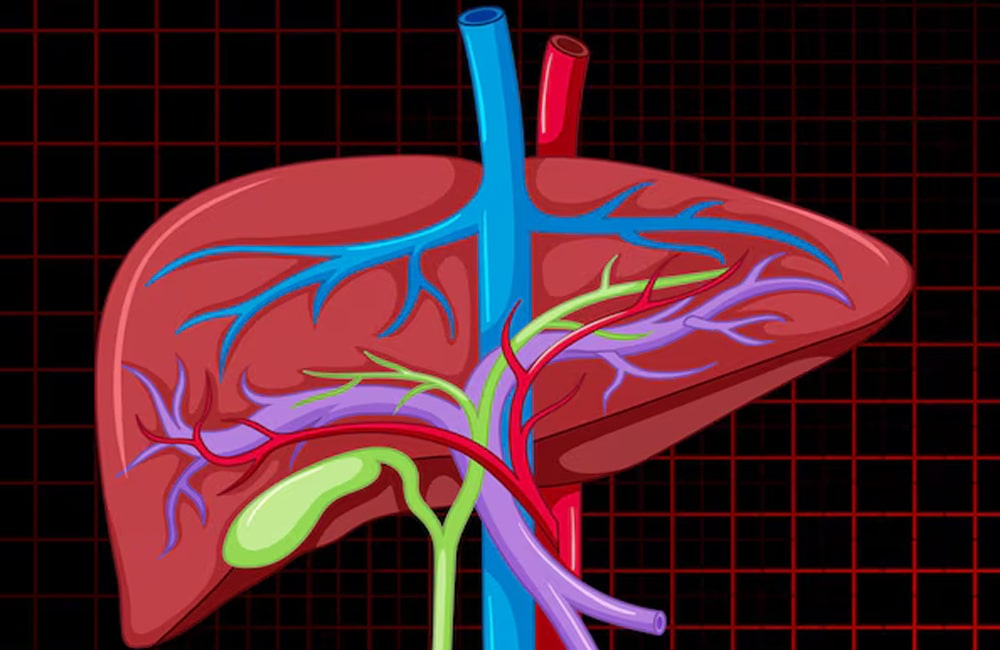
Liver failure is a life-threatening condition that occurs when your liver loses its ability to function properly. In most cases, liver failure develops gradually and is the last stage of many liver diseases. On the other hand, acute liver failure is a rare form of liver failure which may develop in only just 48 hours and can be difficult to detect at first. However, both conditions require urgent medical care.
What is liver failure?
Your liver has many essential functions in the body, such as:
Liver failure occurs when your liver fails to perform these functions. It is a life-threatening condition and requires immediate medical care.
There are mainly two types of liver failure, such as:
What causes liver failure?
Many conditions, as well as diseases, such as Hepatitis B, Hepatitis C, and fatty liver disease, may cause liver failure. The most common causes of chronic liver failure are:
On the other hand, acute liver failure is mostly caused by:
What are the symptoms of liver failure?
Liver failure develops over several years. The symptoms of liver failure often get misinterpreted with other diseases, which makes it difficult to diagnose in its initial stages. However, going for a regular checkup may help detect a liver disease in its early stage. Consider a Thyrocare blood test, because it provides accurate test results.
Chronic liver disease or liver disease that develops over many years may cause:
The symptoms may get worse as the liver continues to get weaker. Later stages of chronic liver failure may cause:
People with acute liver failure may experience:
How is liver failure diagnosed?
A liver failure is generally diagnosed based on your symptoms, medical history, and diagnostic test results. To know about your liver health you can go for a liver profile test from Thyrocare.
How is liver failure treated?
Most importantly, the treatment of liver failure depends on whether it is chronic or acute. For chronic liver failure, the treatment may include:
In case of acute liver failure, the treatment may include:
In severe cases, you may require a blood transfusion if you bleed excessively. However, in both conditions, your doctor may recommend a liver transplant.
With proper treatment, many people recover from liver failure. In the case of a liver transplant, many people manage to get back to regular activities within six months. However, lifelong medical care is necessary if you have undergone a liver transplant.